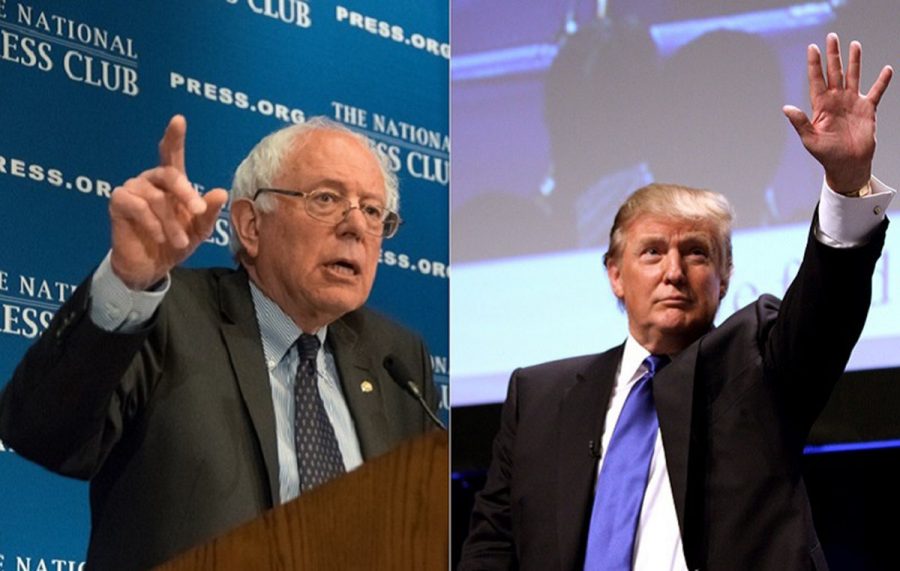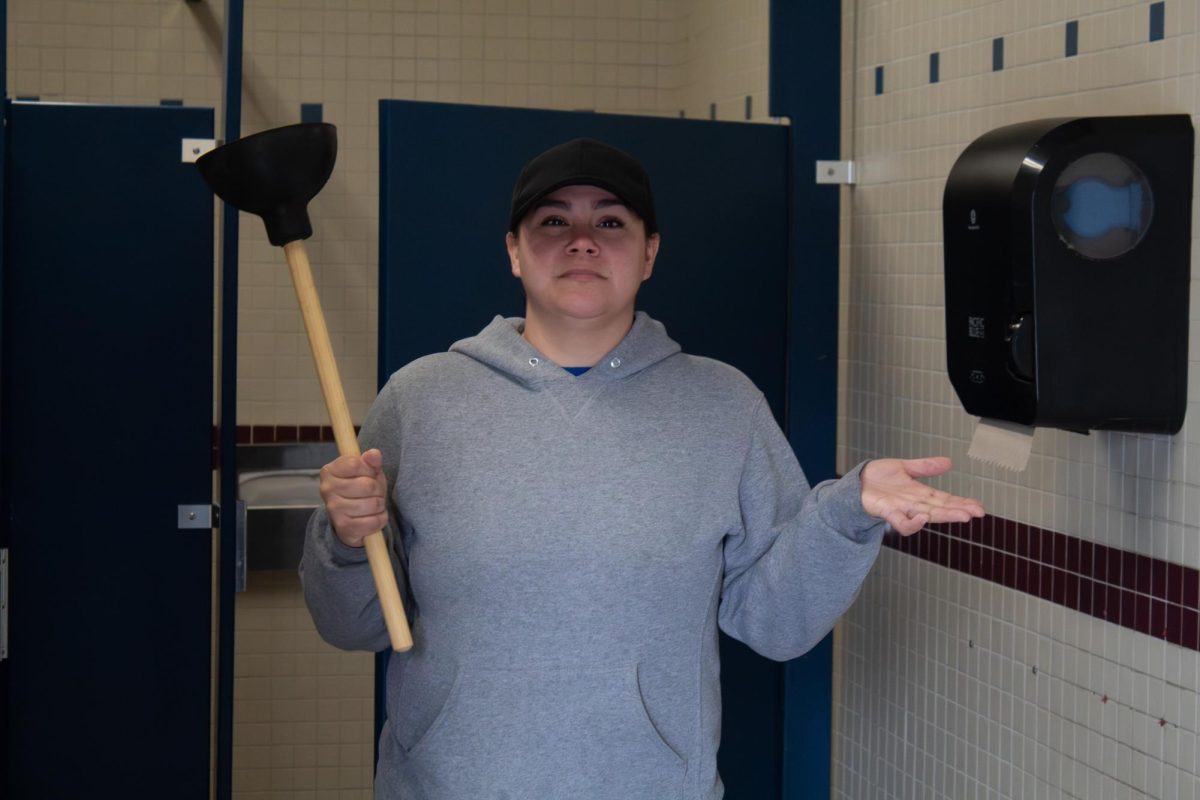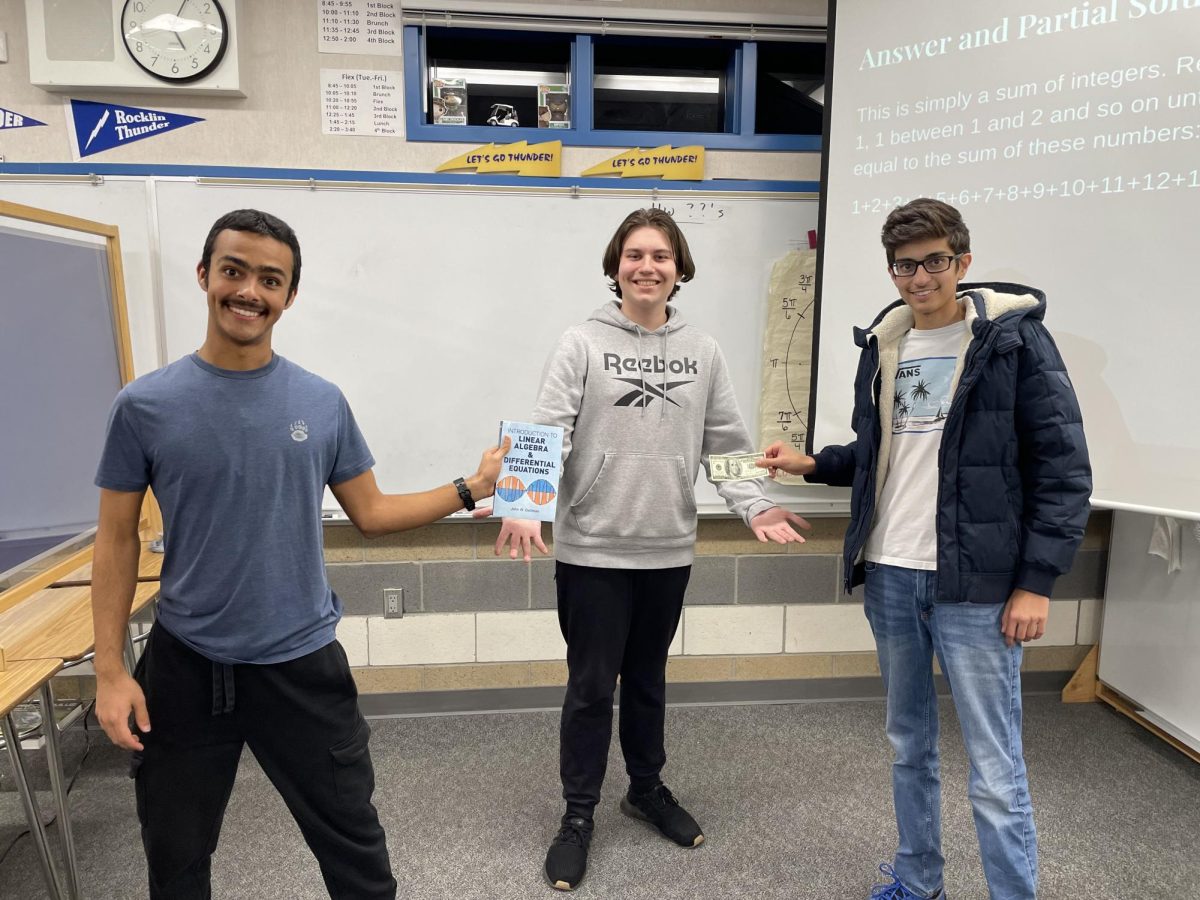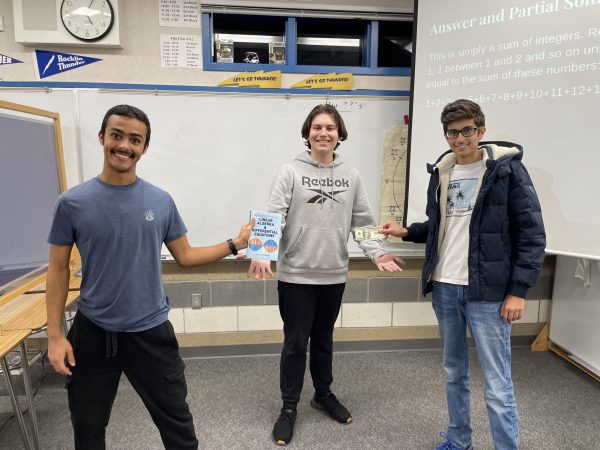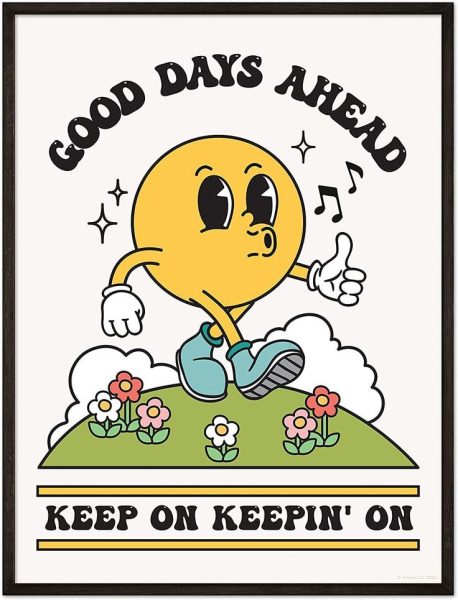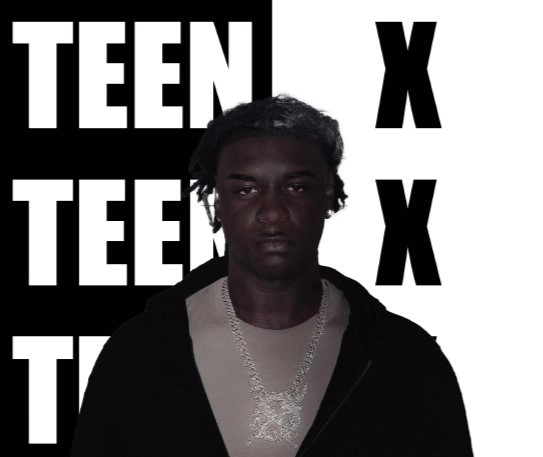Trump and Sanders: So different, they’re alike
Donald Trump and Bernie Sanders have more similarities than you think.
June 2, 2016
What could be more unique than Donald Trump? Now, many young people abhor the thought of Donald Trump becoming the next president and are much more likely to be seen at a Bernie Sanders rally. Yet they’re pretty much the same candidate, right? Donald Trump and Bernie Sanders are uncannily similar in some respects.
Trump and Bernie both hate NAFTA, the poster child free trade agreement between the U.S., Mexico and Canada.
Trump said that he thinks “NAFTA has been a disaster.” It’s interesting that he chose to use that wording when Bernie said “I think they have been a disaster for the American worker” when asked about free trade agreements. Almost the exact same wording, on the same website (ontheissues.com), on the same issue.
It’s not just on this either. Both candidates like to challenge free market ideology. For example, Trump has gone on record during his Iowa campaign saying “I’m not going to let Wall Street get away with murder. Wall Street has caused tremendous problems for us. We’re going to tax Wall Street.”
Sounds more at home at a Bernie rally, doesn’t it?
Neither candidate supported the Iraq war. Both candidates think that donors like the Koch brothers have too much control over politicians.
The biggest similarity that commentators like to talk about (probably because it’s true) is not on the candidates per se, but on how and who they draw to them.
Both candidates are populists. They think of themselves as ordinary people, and draw appeal from ordinary people.
Obviously, both are far from ordinary people. Trump is a billionaire whose dad gave him a “small loan of a million dollars” and builds huge hotels with his name on the front in bold letters. Bernie is a democratic socialist who spent his honeymoon in the USSR and whose hobbies include building left-leaning political organizations and running for as many varied political offices as possible.
But both candidates give off the aura (however fake or calculated it may be) that they are ordinary. So they attract the most “ordinary” of their prospective sides: Disfranchised students and white working-class males who feel that the system is working against them since they have no power to change it to suit their needs.
Just give the American people a show. Someone who is willing to talk back and not go heel-step with the rest of the system, and they’re yours. Not because they actually believe in what you are saying or even care, but because you represent what they feel is right.


